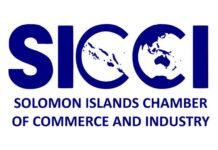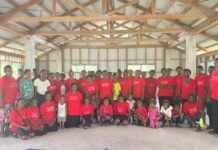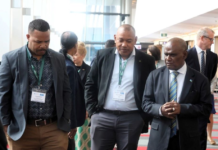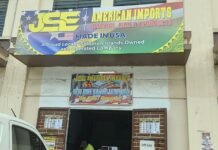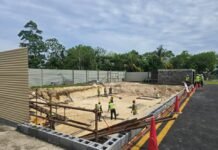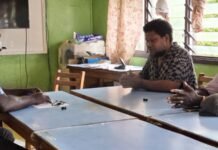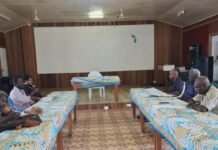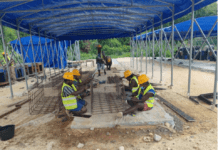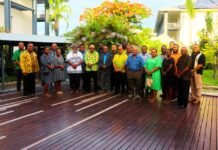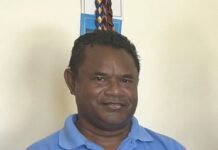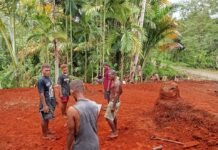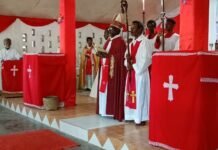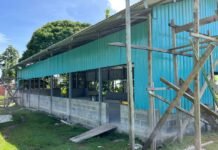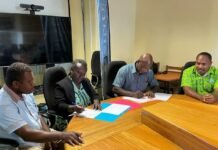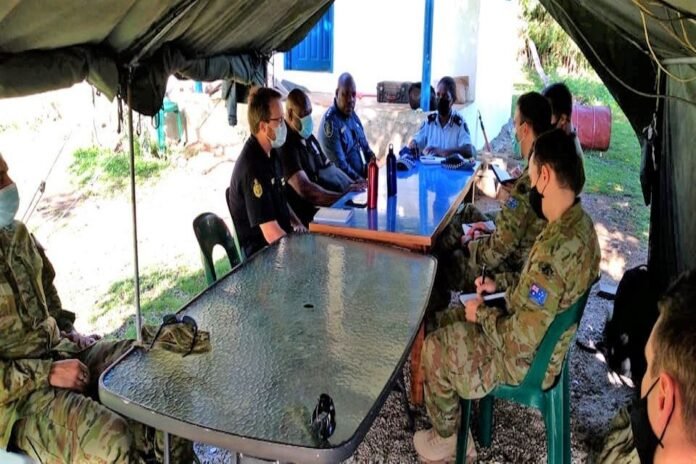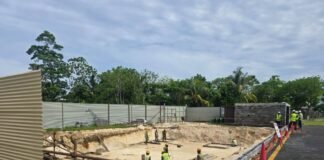ROYAL Solomon Islands Police Force are prepared to increase monitoring after a brief training conducted by Solomon Island Immigration and Australian Border Force (ABF) at Kulitanai Police Station in the western border between Papua New Guinea and Solomon Islands should the country’s borders reopen July 1.
Forward Commander (FC), Western Border Operation, Superintendent Ileen Ukebule said the government agencies that have benefited from this training are the officers of the RSIPF, Solomon Island Customs, Bio Security, and the Ministry of Health and Medical Services (MHMS).
Superintendent Ukebule said this training was provided by Inspector Damien Pollard of the ABF and Chris Akosawa, the Deputy Director of Immigration, Solomon Islands.

“This training helps officers to prepare more effectively for the reopening of borders.
“Immigration awareness is important for multi-law enforcement agencies as they will be working together to maintain international border security to protect the Solomon Islands from health and other border-related risks,” she said.
Ukebule said the traditional border reopening will pave the way forward for traditional border people at the western border including Choiseul Province to re-engage with traditional border activities that encourage cultural ties with both border dwellers on each side.
Ukebule said in line with the existing traditional border framework, multi-law enforcement agencies will look after the border communities to ensure communities and border relationships are maintained.
She said the existing framework provides border clearances for Immigration and Police at entry points.
Harapa Outer Posts, Kulitanai, Kariki, and Taro Police Station are the exit and entry points for the border crossers. The outposts were designated by the Minister of Commerce, Industry, Labor, and Immigration under the Immigration Act 2012 to undertake Immigration border clearances for border crossers.
“The traditional border crossing days for border trading are Saturdays and Thursdays.
“There will be other arrangements for traditional border crossings for visiting families or meetings that may fall outside of the traditional border trading days,” Ukebule said.







